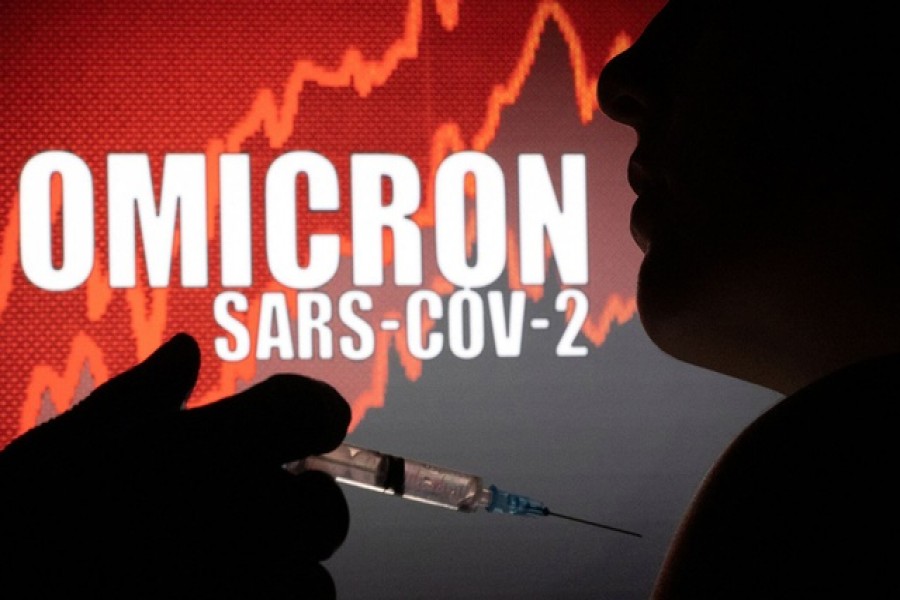
Published :
Updated :

A study in monkeys pitting the current Moderna Inc COVID-19 booster against an omicron-specific booster showed no significant differences in protection, suggesting an omicron-specific booster may not be needed, US government researchers reported on Friday, Reuters reports.
The study involved monkeys vaccinated with two doses of Moderna's vaccine who were dosed nine months later with either the conventional Moderna booster or one specifically targeting the omicron variant.
The researchers tested various aspects of the animals' immune responses and exposed them to the virus. They found both boosters produced "comparable and significant increases in neutralising antibody responses" against all of the variants of concern, including omicron, according to the study, posted on bioRxiv ahead of peer review.
Both Moderna Inc and BioNTech/Pfizer Inc have started testing omicron-specific boosters of their vaccines in human clinical trials.
"This is very, very good news," Daniel Douek, a vaccine researcher at the National Institute of Allergy and Infectious Diseases who co-lead the study, said in a telephone interview.
"It means we don't need to radically redesign the vaccine to make it an omicron vaccine."
Douek said he believes the reason is that both the original and the omicron-specific vaccines are "cross-reactive," meaning they can recognise lots of different variants.
The results are similar to studies testing a Moderna booster targeting the Beta variant, said Dr John Moore, a professor of microbiology and immunology at Weill Cornell Medical College who was not involved in the study.
"Let's see what the human data show," Moore said. "Monkey data are generally pretty predictive, but you are going to need the human data."
One key advantage of the monkey study is that researchers can boost the animals and then infect them with the virus and measure the immune response, something that could not be done in human trials, Moore said.


 For all latest news, follow The Financial Express Google News channel.
For all latest news, follow The Financial Express Google News channel.